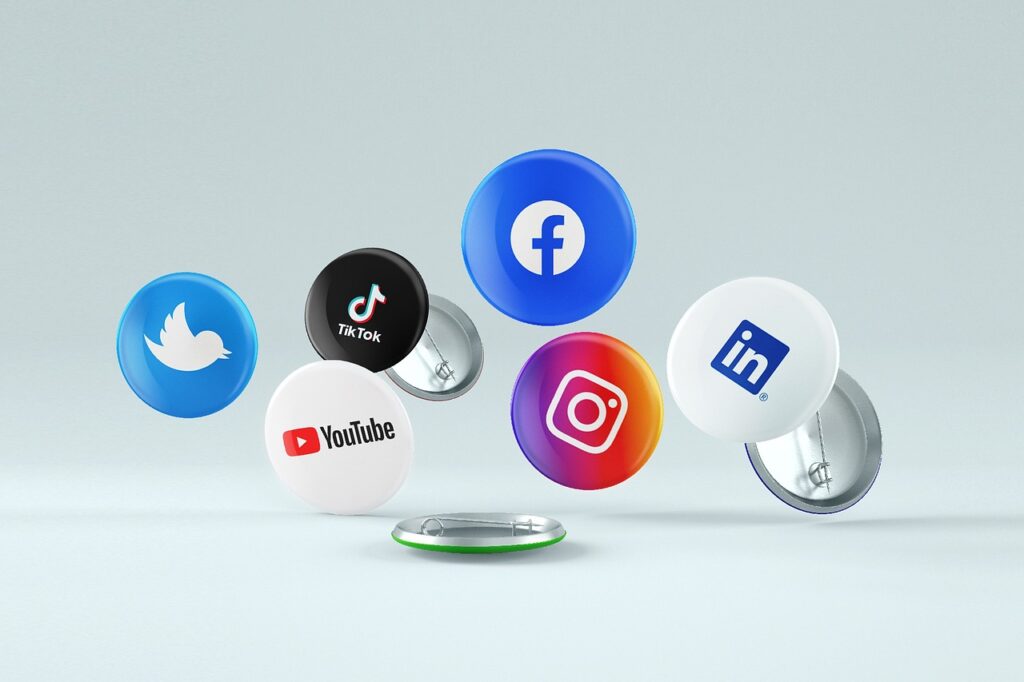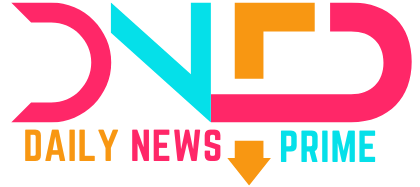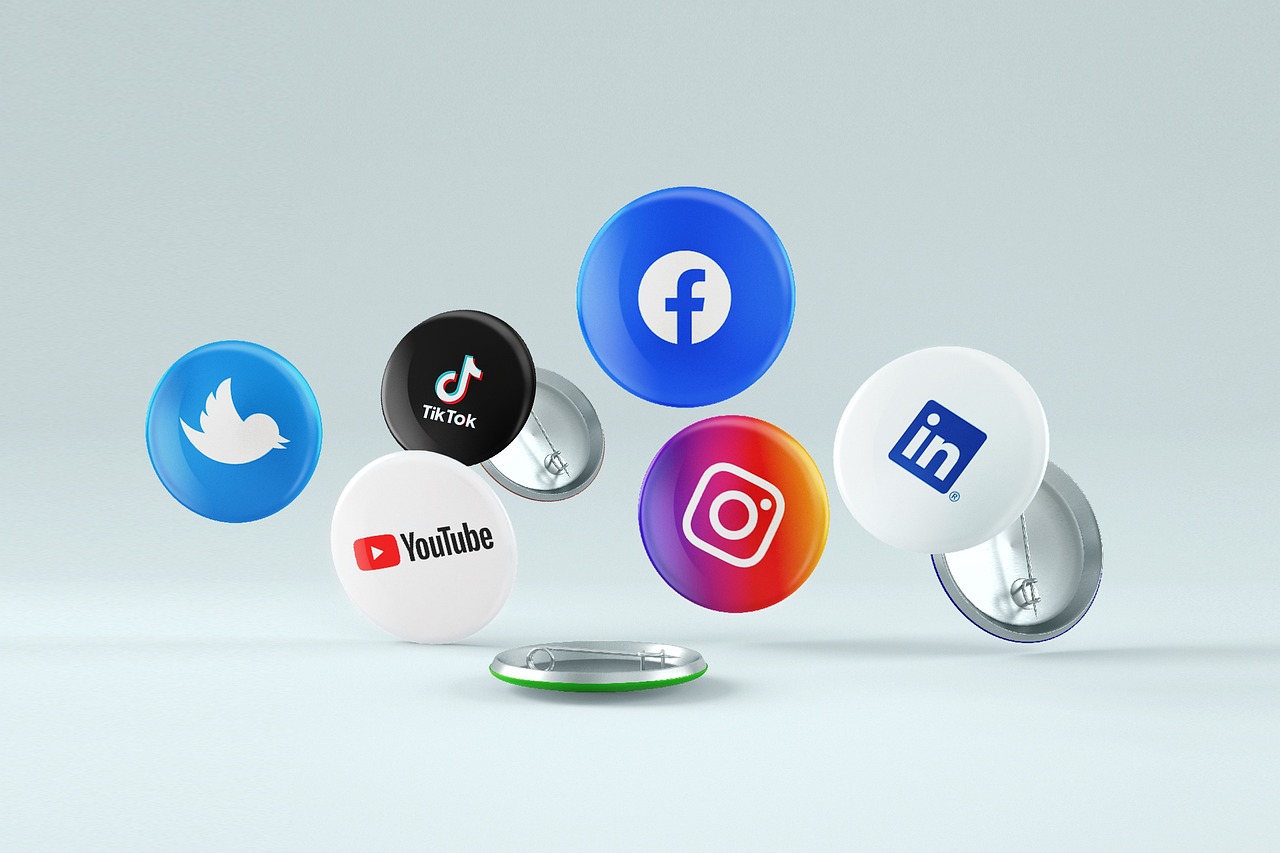
In the ever-evolving landscape of social media, where our digital interactions play a crucial role in our daily lives, privacy and security have become paramount concerns. Users are increasingly seeking platforms that not only facilitate meaningful connections but also prioritize the safeguarding of personal information. In this comprehensive guide, we will delve into the top 40 social media apps that excel in providing a secure and safe environment for users.these social Media Apps provide better security
1-10: Secure Messaging and Socializing Apps:
1-Signal:
- Key Features of Social Media Apps : Signal has set the gold standard for secure messaging with its robust end-to-end encryption, disappearing messages, and open-source code for transparency.
2-Telegram:
- Key Features: Telegram’s cloud-based architecture, optional end-to-end encryption for Secret Chats, and self-destructing messages make it a versatile and secure messaging platform.
3-Wickr Me:
- Key Features: Wickr Me prioritizes ephemeral messaging with self-destructing messages and end-to-end encryption, ensuring that conversations leave no digital trace.
4-Vero:
- Key Features: Vero distinguishes itself with a chronological feed, an ad-free environment, and a commitment to fostering authentic connections.
5-MeWe:
- Key Features: MeWe is a privacy-focused alternative, offering end-to-end encryption, user-friendly privacy settings, and an ad-free experience.
6-Session:
- Key Features: Session provides anonymous messaging through end-to-end encryption and decentralized servers, ensuring user identities remain secure.
7-Tox:
- Key Features: Tox is a decentralized messaging platform with end-to-end encryption, allowing for secure communication without relying on a central server.
8-Nextdoor:
- Key Features: Nextdoor facilitates localized connections with robust privacy settings and a focus on community safety.
9-Snapchat:
- Key Features: Snapchat’s focus on ephemeral content, end-to-end encryption, and selective location sharing make it a unique blend of social interaction and privacy.
10-Clubhouse:
Top 10 Apps for Simplifying Your Daily Life with AI Assistance
- Key Features: Clubhouse offers a novel voice-only networking experience with end-to-end encryption and invitation-only access for a more secure space.
11-20: Privacy-Focused Social Networks:
11-Diaspora:
- Key Features: Diaspora is a decentralized social network, emphasizing user control and a privacy-centric approach.
12-Minds:
- Key Features: Minds is a blockchain-based platform with encrypted chat, a reward system for users, and a focus on content freedom.
13-Friendica:
- Key Features: Friendica is a decentralized social network with robust privacy controls and content federation.
14-Rumble:
- Key Features: Rumble is a video-sharing platform prioritizing privacy, with an ad-free experience and content freedom.
15-Swarm:
- Key Features: Swarm is a location-based social network with check-ins, privacy controls, and community engagement.
16-Steemit:
- Key Features: Steemit is a blockchain-based blogging platform that rewards users and emphasizes content monetization.
17-Mastodon:
- Key Features: Mastodon is a decentralized microblogging platform with privacy controls and a community-driven ethos.
18-Gab:
- Key Features: Gab is a free speech platform that prioritizes privacy, offering a community-driven space without algorithmic manipulation.
19-BitChute:
- Key Features: BitChute is a video-sharing platform with blockchain-based features, ensuring content freedom and user privacy.
20-Parler:
- Key Features: Parler is a free speech platform with privacy controls and a community-driven approach to social interaction.
21-30: Private and Secure Photo Sharing:
21-Flickr:
- Key Features: Flickr is a photo-sharing platform with privacy settings, community engagement, and a focus on visual storytelling.
22-SmugMug:
- Key Features: SmugMug offers photo storage with robust privacy controls and serves as a platform for professional portfolios.
23-Piwigo:
- Key Features: Piwigo is an open-source photo platform with privacy controls, self-hosted capabilities, and secure sharing.
24-Google Photos (with encryption):
- Key Features: Google Photos, with encryption considerations, offers encrypted photo storage, privacy settings, and AI-driven organization.
25-Cluster:
- Key Features: Cluster provides private group sharing with end-to-end encryption and secure photo storage capabilities.
26-Photobucket:
- Key Features: Photobucket is a photo and video hosting platform with privacy controls and community engagement features.
27-Troop Messenger:
- Key Features: Troop Messenger facilitates secure photo and video sharing with end-to-end encryption and a focus on user privacy.
28-Candid:
- Key Features: Candid is an anonymous photo-sharing app with community moderation, privacy controls, and a unique social experience.
29-Imgur:
- Key Features: Imgur, known for image hosting, provides privacy controls and a platform for community engagement.
30-EyeEm:
- Key Features: EyeEm is a photo-sharing platform with privacy settings, a marketplace for photographers, and a focus on visual creativity.
31-40: Additional Platforms for Secure Social Engagement:
31-LinkedIn:
- Key Features: LinkedIn is a professional networking platform with robust privacy settings and opportunities for job seekers.
32-Reddit:
- Key Features: Reddit is a community-driven discussion platform with privacy settings and a diverse range of content.
33-Quora:
- Key Features: Quora is a question and answer platform with privacy controls and expert insights.
34-Twitch:
- Key Features: Twitch is a live streaming platform with privacy controls, catering to gaming and creative communities.
35-Tumblr:
- Key Features: Tumblr is a microblogging platform with privacy settings and a diverse range of content.
36-Periscope:
- Key Features: Periscope is a live video streaming platform with privacy controls, fostering real-time engagement.
37-Plurk:
- Key Features: Plurk is a microblogging platform with privacy settings and a focus on real-time conversations.
38-TikTok:
- Key Features: TikTok is a short-form video content platform with privacy controls, fostering creative expression.
39-Triller:
- Key Features: Triller is a video-sharing app with privacy controls, catering to music and entertainment enthusiasts.
40-Instagram (with privacy considerations):
- Key Features: Instagram, with privacy considerations, is a photo and video-sharing platform with privacy settings and a focus on visual storytelling.
As we traverse the vast and diverse landscape of social media, the top 40 safe and secure social media apps outlined in this comprehensive guide cater to an array of preferences and priorities. From secure messaging platforms with end-to-end encryption to decentralized social networks, privacy-focused photo-sharing apps, and additional platforms for secure social engagement, these apps prioritize user security and provide a secure space for online interactions. Choose the apps that align with your privacy preferences, and embark on a digital social experience that not only fosters meaningful connections but also prioritizes your safety and enjoyment in the ever-evolving digital world.
Frequently Asked Questions (FAQ) – Top 40 Safe and Secure Social Media Apps
1. What criteria were considered when selecting these social media apps?
The selection process focused on apps that prioritize user privacy and security. Key criteria included end-to-end encryption, data protection measures, transparency in data handling, and a commitment to providing users with control over their personal information.
2. Are these apps suitable for all types of users, or are they more niche-focused?
The list includes a diverse range of social media apps catering to different preferences. From secure messaging platforms to privacy-focused social networks and photo-sharing apps, there’s something for users seeking various social experiences.
3. How does end-to-end encryption contribute to the security of these apps?
End-to-end encryption ensures that only the sender and intended recipient can access the content of messages, providing a high level of privacy and preventing unauthorized access.
4. Are these apps free to use, or do they require a subscription?
The majority of the listed apps offer free access to their basic features. Some may have premium or subscription-based options that provide additional functionalities or enhanced privacy features.
5. What sets decentralized social networks apart from traditional ones?
Decentralized social networks distribute data across multiple servers, reducing the risk of a single point of failure or centralized control. This approach enhances user privacy and data security.
6. Can I trust these apps with my personal information?
The apps included in the list prioritize user privacy and security. However, users are encouraged to review each app’s privacy policies, terms of service, and user reviews to make informed decisions based on their individual comfort levels.
7. Do these apps have community guidelines to ensure a positive user experience?
Yes, many of these apps have community guidelines to maintain a positive and secure user experience. These guidelines often include rules against harassment, hate speech, and other behaviors that could compromise user safety.
8. How do privacy-focused photo-sharing apps differ from mainstream platforms?
Privacy-focused photo-sharing apps often provide enhanced privacy settings, secure photo storage, and user controls over who can access their content. They aim to prioritize user privacy over widespread visibility.
9. Are these apps available on both Android and iOS platforms?
Yes, many of the listed apps are available on both Android and iOS platforms, ensuring accessibility for users across different devices.
10. How can I transition from mainstream social media to these secure alternatives?
Transitioning to secure alternatives involves creating accounts on the chosen platforms, adjusting privacy settings, and familiarizing oneself with the unique features each app offers. Users may also find community support and tutorials to ease the transition.
11. Can I use multiple apps simultaneously for different purposes?
Absolutely. Many users leverage multiple apps to cater to different aspects of their digital social life. For example, using a secure messaging app for private conversations and a decentralized social network for a community-driven experience.
12. Are these apps suitable for professional networking as well?
Yes, several apps on the list, such as LinkedIn, are dedicated to professional networking. They offer features like job postings, industry discussions, and the ability to connect with professionals in various fields.
13. How can I ensure my online safety while using social media apps?
Alongside using secure and privacy-focused apps, practicing good online hygiene, such as using strong, unique passwords, enabling two-factor authentication, and regularly reviewing privacy settings, enhances overall online safety.
14. Are there any geographical restrictions for these apps?
The availability of these apps may vary based on geographical regions and local regulations. Users are encouraged to check app availability in their respective regions.
15. How can I stay updated on changes and updates to these apps?
Regularly checking the app’s official website, subscribing to newsletters or official social media accounts, and enabling app notifications are effective ways to stay informed about updates and changes.
Note: While these FAQs provide general information, users are encouraged to conduct their own research and review individual app policies for specific details. Always consider personal preferences, comfort levels, and the unique features each app offers when making choices about social media usage.



